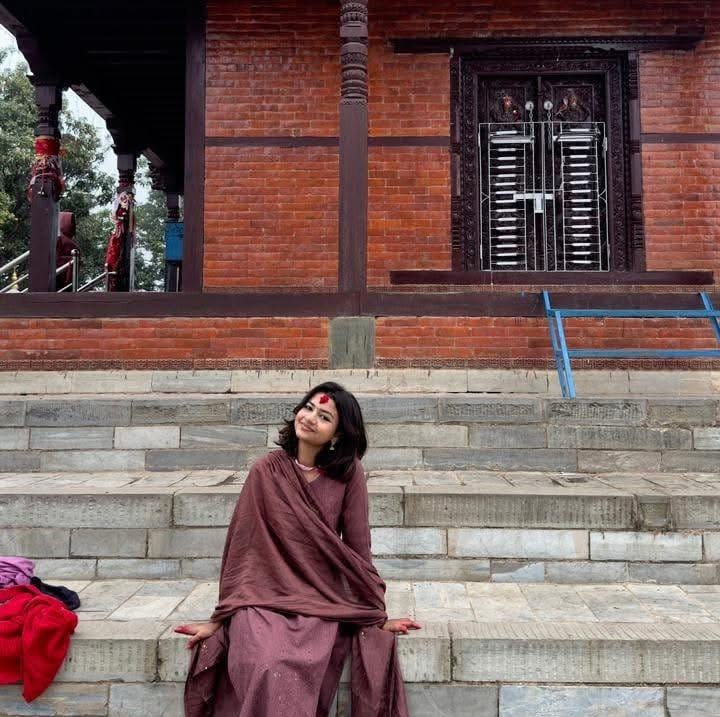Binay Kumar Panjiyar vs Government of Nepal
Petitioner: Binay Kumar Panjiyar (Dalit Madhesi community member and MBBS graduate)
Defendants: Nepal Government, Medical Education Commission
Court: Supreme Court of Nepal (Division Bench: Justices Bishwombar Prashad Shrestha and Ananda Mohan Bhattarai)
Decision Date: 2077/09/01
Decision Number: 10756
Facts of the case
Petitioner Binay Kumar Panjiyar, a MBBS graduate from Dalit Madhesi community filed a writ case against the medical education commission's 2020 notice for post graduate admission, which omitted reserved seats for
marginalized communities. He argued that the non-inclusion of the reservation for such communities violated the Fundamental right i.e. Article 18 (Right to Equality) and failed to commit to proportional inclusion as guaranteed by the constitution.
In response to the petition, the respondent argued that there is provision of scholarship in bachelor’s level which guarantees the proportional inclusion as demanded by our constitution. In practical terms, it doesn't seem appropriate and prudent to make it a subject of reservation when post graduate studies are at the specialist level.
Legal questions Involved
1. What are the principles, core elements, and norms of the constitutional provisions on equality, equal protection, non-discrimination, positive discrimination, and inclusion adopted by the Constitution of Nepal?
2. How does human rights law guide the system of equality, non-discrimination, and affirmative action?
3. How do the decisions and principles promulgated by the Supreme Court so far guide the issue of educational reservation?
4. What dimensions and perspectives are found in the study and analysis of comparative jurisprudence, constitutional provisions, and even court decisions on this issue?
5. What is the broad perspective that emerges from the study of comparative systems of equitable and affirmative action programs, including human rights law?
6. Is the petitioner's opposition to the integrated examination, demanding reservation at the postgraduate level of medicine, in accordance with the Constitution and the law?
7. Is there a need to issue an order as demanded by the petitioner or not?
8. Is there a need to issue an order in the name of the opponents in this matter or not?
Decision
The Supreme Court verdict stated that there already exists the provision of the 45% reservation in the bachelor’s levels of MBBS based on the principle of proportional inclusion. It seems unnecessary for the petitioner to demand for the government scholarship in the post graduate level as well.
The sensitive sector as health requires a specialization to ensure another fundamental right guaranteed by constitution i.e Right to health. Providing reservations in areas which require a higher level of educational capabilities may undermine one's ability and infringe the right to health as well.
It further stated that to award reservations for more than once for the same individual will be against the principle of equality. The expectation of the constitution can only be met if need is prioritized over caste. The verdict states that the reservation system cannot be based on ethnicity in a country inhabited by 126 different castes and 123 different languages. “For example, the children of ministers, parliamentarians, constitutional families, professors, industrialists, etc who have reached higher political, social and economic class can be placed in the category of not being entitled to reservation facilities,”
The verdict stated that the reservation shall not be ethnicity or caste based but rather “need based”.
Analysis
The case of Binay Kumar Panjiyar vs Government of Nepal case has left a landmark decision on the reservation system in the educational sector.
Article 18(3) of the constitution provides that the state shall not discriminate among citizens on grounds of origin, religion, race, caste, tribe, sex, economic condition, language, religion, ideological conviction or on similar other grounds and nothing shall prevent the making of special provisions by law for the protection, empowerment or development of the socially or culturally backward groups of people.
However there has been no provision that says how many times such benefit is provided. This has created a loophole in the prevailing law. The shift in emphasis of caste to need based may arise the question in the determination of basis of need prioritization.
Apart from that the decision may have a positive impact in eliminating the long run wrong practice where the economically sound group of people has been misusing the reservation failing to adhere to the spirit of proportional inclusion.
About the Authors

Dibisha Acharya
Undergraduate law student at Nepal Law Campus with a keen interest in Constitutional Law, Human Rights and Social Justice .
View all posts by Dibisha Acharya